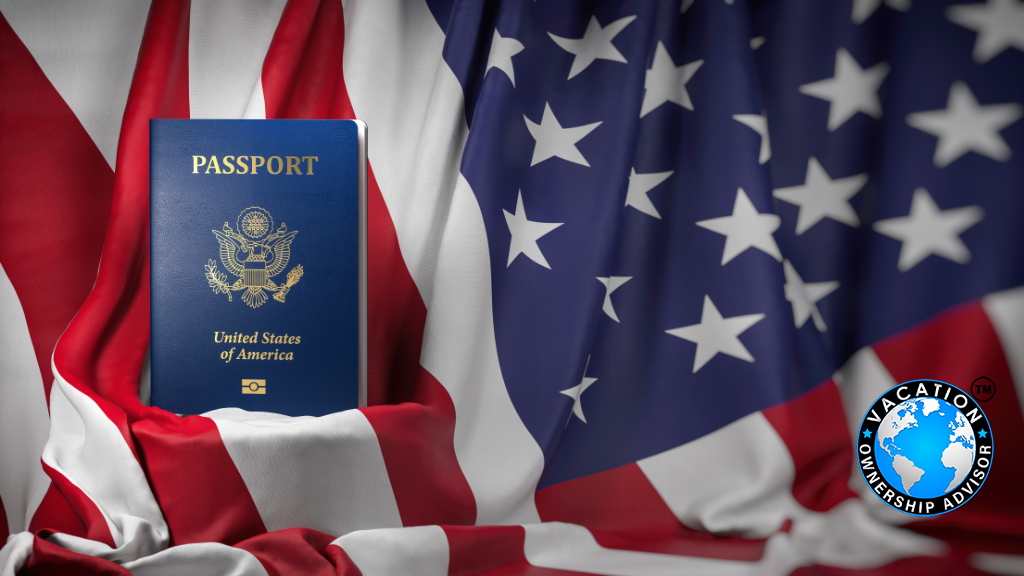Every U.S. resident must have a visa to leave or enter the United States of America and enter neighboring countries, Mexico and Canada. Only a few exemptions are in transit travel between the United States and Mexico, Canada, and a few nations in the Caribbean, where a U.S. birth authentication or other verification of U.S. citizenship might be acknowledged.
Your travel Advisor or carrier can advise you on the off chance that you need unique identification for the country you intend to visit. The Immigration Department of the country where you plan to travel can likewise prompt you about its entrance prerequisites and requirements. These can change at any time, and it is recommended that if you have not traveled to your destination previously, you make these inquiries before you travel.
Kindly Remember!
Regardless of whether you are or are not required to have identification to visit a foreign nation, the U.S. Government expects you to be able to show your U.S. citizenship when you wish to return to the United States. You need to make sure that you take with you sufficient documentation to go through U.S. Migration upon your arrival on U.S. soil. A U.S. Passport is the best confirmation of U.S. citizenship.
Various records to demonstrate U.S. citizenship can include a lapsed U.S. Passport or Government identification, a certified duplicate of your U.S. birth certificate, a Certificate of Naturalization, a Certificate of Citizenship, or a Report of Birth Abroad of a Citizen of the United States. To demonstrate your nationality further, either a current driver’s license or proof of residency card that incorporates a photograph is also satisfactory. You should always check with the Department of Homeland Security and US Customs and Immigration for the current requirements, as these do change frequently.
With the amount of global youth kidnapping cases on the rise, a few nations have organized identification prerequisites to help forestall kid kidnappings. For instance, Mexico has a law that requires a youngster traveling alone, or with just one parent, or in another person’s care, to carry and show legally approved documents from the missing guardian or guardians. No approval is required if the child ventures alone and has a current and valid U.S. Passport.
A child traveling alone with a birth certificate requires a legal document signed by the child’s parents or guardians.
Be careful with a Passport That Is About to Expire!
Certain nations won’t allow you to enter and won’t give you a visa if your identification has expired. This can cause issues with not only being disallowed entry to another country but forcing you to be denied access when you try to return from outside the U.S.
All U.S. Residents Must Have Their Passport
Since January 1981, parents, family members, or relatives cannot have documentation for anyone other than themselves. This includes infants who need their international IDs to travel.
When to Apply
Consistently, Passports and travel papers’ demand turns out to be the greatest in January and decreases in August. You can reduce waiting times and keep away from delays by applying early in September and December. Be that as it may, in any event, during those months, it may be slow, but due to heightened security and new protocols, you could be facing longer wait times. Apply well ahead of your planned flight, cruise, or trip. On the off chance that you need visas, permit extra time – around fourteen days for each visa. Plan ahead, get the correct documents for where you are going and travel safely.


